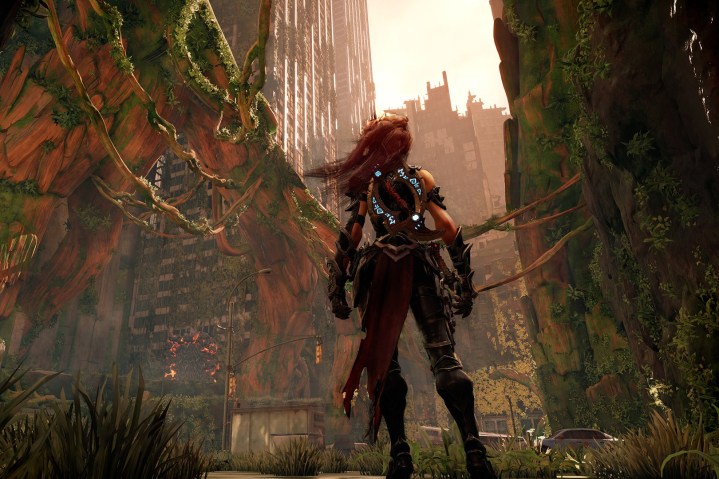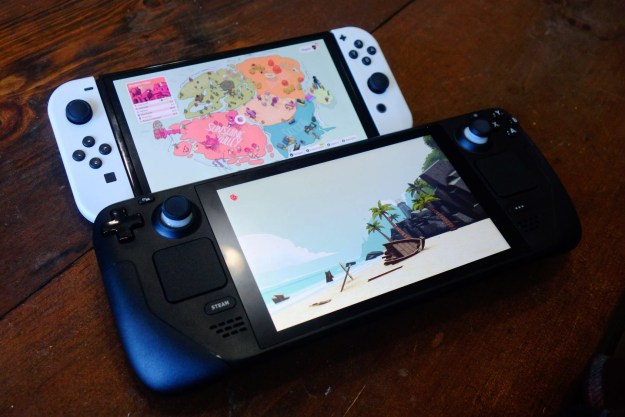
If you buy the majority of your games in digital marketplaces, you might not be satisfied with your options for re-selling them once you have played them to your heart’s content. With Robot Cache, a blockchain-based distribution platform back by Atari founder Nolan Bushnell, you will be able to do so and put more money directly into the hands of developers.
“Robot Cache, the first decentralized PC video game distribution platform that benefits publishers, developers, and gamers, has announced the first wave of publishers that have agreed in principle or signed agreements to bring their games to the platform,” the company said in a press release.
The partners thus far include smaller publishers such as 505 Games and Paradox Interactive, as well as THQ Nordic, the company that recently also acquired Deep Silver. More partners will be announced in the coming weeks.
Robot Cache promises the lowest transaction fees of any PC gaming platform, reducing them by 80 percent, and publishers and developers of all sizes receive 95 percent of all game sale proceeds. This is compared to the 30 percent fee collected on competing platforms, including Steam.
Though Robot Cache advertises the ability for players to sell their digital games on the platform, as well, though you won’t actually be taking home that much in return. Players will receive 25 percent of the sale, while publishers and developers will receive 70 percent — effectively making money twice on the sale of one game. As it’s a blockchain-based platform, you will be given tokens called Iron in order to buy more games, and you can choose to mine Iron through the Robot Cache client in order to increase your spending power.
So, what games will be available to download through Robot Cache when it launches later this year? Given the publishers already onboard, we can presumably expect to see THQ Nordic and Deep Silver games like Metro: Exodus and the long-awaited Darksiders III. What might be more interesting, however, is seeing how independent developers embrace the platform. Should it gain a significant foothold in the market, the smaller fees and proceeds from secondhand sales could enable more developers to make their dreams of full-time development a reality.
Editors' Recommendations
- Why the Vision Pro could be huge for gaming, but not how you think
- You can now buy Steam Deck parts. Here’s how much they cost


